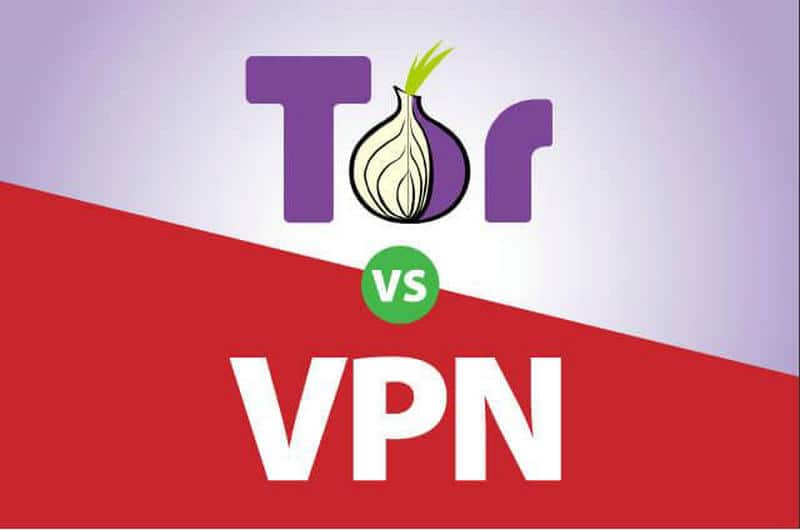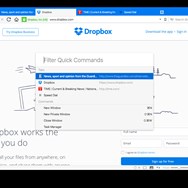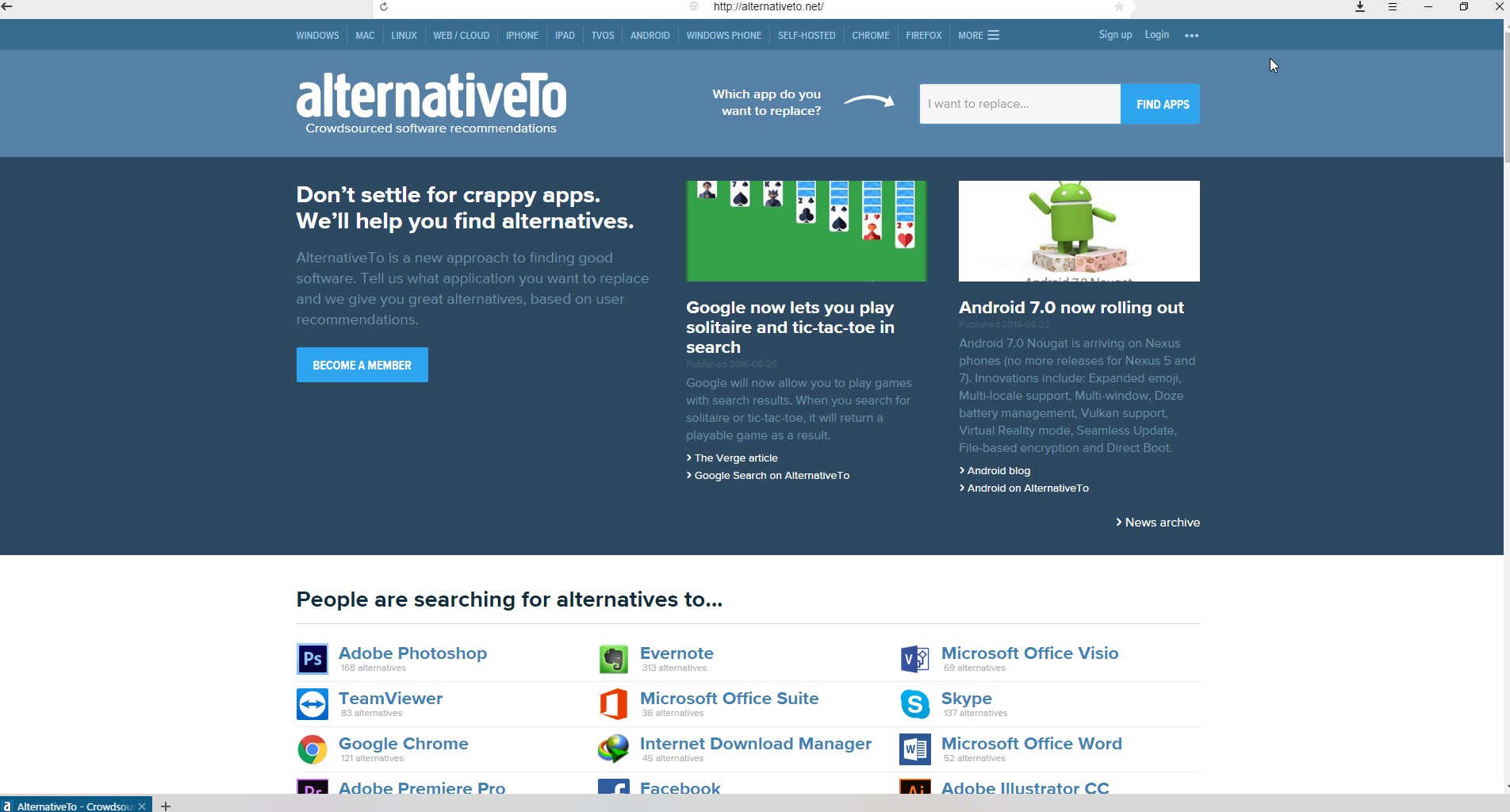

Plus, you get anonymous surfing via Tor connection and IPFS support.

Some of its excellent features include tracker blocking, data syncing across all installations, and a crypto wallet for donating to sites or paying creators you care about. Braveīrave is a self-proclaimed privacy-first web browser that provides great security, data syncing, and rewards to its users. By default, Firefox blocks tracking scripts and gives you options to tighten or lift restrictions as you want. You also get desktop syncing, dark mode, Android Autofill, and improved scrolling capability.įirefox is also snappy, optionally syncs most of your data with its desktop pendant and a bottom address bar for mobile users. The browser got a dramatic overhaul to its performance and is now smoother and more solid than Google Chrome is even on modest hardware. It also provides a fingerprinting and browser tracking blocker, and for Mac users, you get picture-in-picture video mode. Plus, if you go for the Version 90 version of the browser, you get a popup blocker, alerts if your email address has been pawned or is part of a known data breach. The browser is endlessly customizable compared to Google Chrome and provides a wide range of plugins and extensions you can use. Mozilla Firefox is a popular web browser that’s based on a custom rendering engine, compared to other browsers based on the open-source Chromium. It’s a very close-run competition, but we believe the 15 browsers we’ve picked are the best Google Chrome alternatives you can find.

There’s an incredible number of web browsers you can use besides Google Chrome, but only a few are worth their salt. Wrapping Up Best Google Chrome Alternatives Whatever your reason for wanting to find another browser, we’ve listed some of the best Google Chrome alternatives that are worth considering. Plus, the Chrome app for mobile devices takes up lots of space on mobile devices and the browser is known for tab or extension crashes, which ruin its efficiency. On top of that, new users who are familiar with other browsers like Internet Explorer may have a hard time trying to adjust to an interface without the icons and menus at the top.Ĭhrome also lacks customization options, sync options on Google, ad blocking and VPN services, and a larger History section. This is because Google, which owns the Chrome browser, tracks its users relentlessly while constantly serving up personalized ads that can be annoying at some point. Plus, its seamless experience is smooth across devices, but it comes at a cost to your personal data. Speed and privacy are the top two biggest factors, which Google Chrome doesn’t seem to provide – at least not to the extent that users want it to.Ĭhrome demands more of your system resources and lacks the privacy tools to protect your online identity and prevent ads or cookies to run unhindered. Google Chrome is a popular web browser that provides seamless functioning across devices and platforms.įor most people, however, a seamless experience is great, but it isn’t among the main considerations they look for when choosing a browser.


 0 kommentar(er)
0 kommentar(er)
